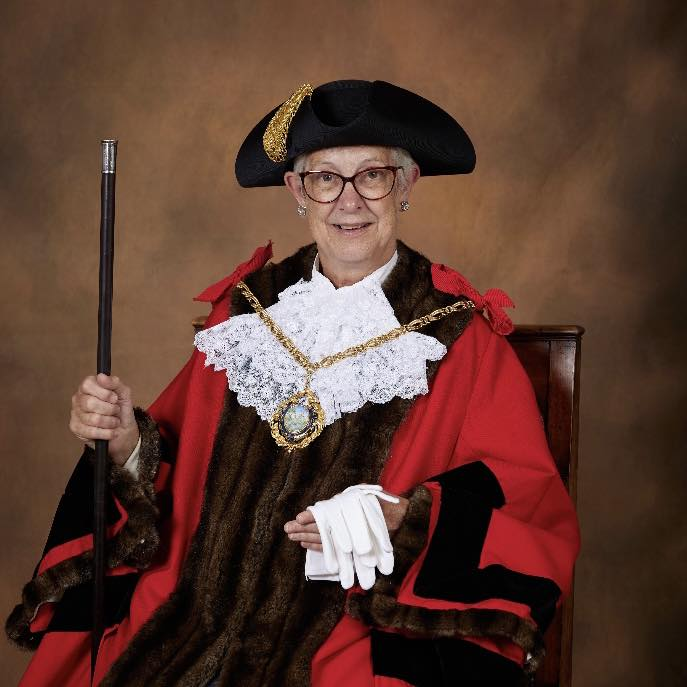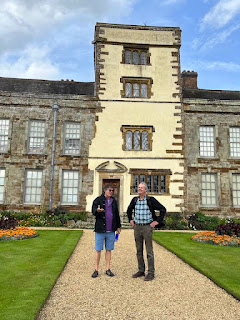Monday, September 11 Workshop: Parliamentary Culture in Colonial Contexts, c. 1500 - c.1700 Workshop on early modern parliamentary culture in a colonial context. 11 Sept 2023, Jesus College, Oxford. Free to attend! By Oxford Centre for Early Modern Studies (CEMS) Follow Date and time Monday, September 11 · 9am - 5:30pm BST Location Jesus College Turl Street Oxford OX1 3DW Parliamentary Culture in Colonial Contexts, c.1500 - c.1700 11 September 2023 . 9am-5.15pm. Jesus College, Oxford. Sponsored by the Royal Historical Society and Jesus College, Oxford. This workshop is free of charge for attendees. Programme: 9-9.30: Registration 9.30-9.35: Welcome Paulina Kewes (Jesus College, Oxford) & Paul Seaward (History of Parliament Trust) 9.35-10.35: I: Studying Parliamentary Culture in Colonial Contexts (Chair & Respondent: Susan Doran (University of Oxford, UK) Paul Seaward, ‘What is Parliamentary Culture?’ Paulina Kewes, ‘Sources and Methods’ 10.35-10.50: Co...

